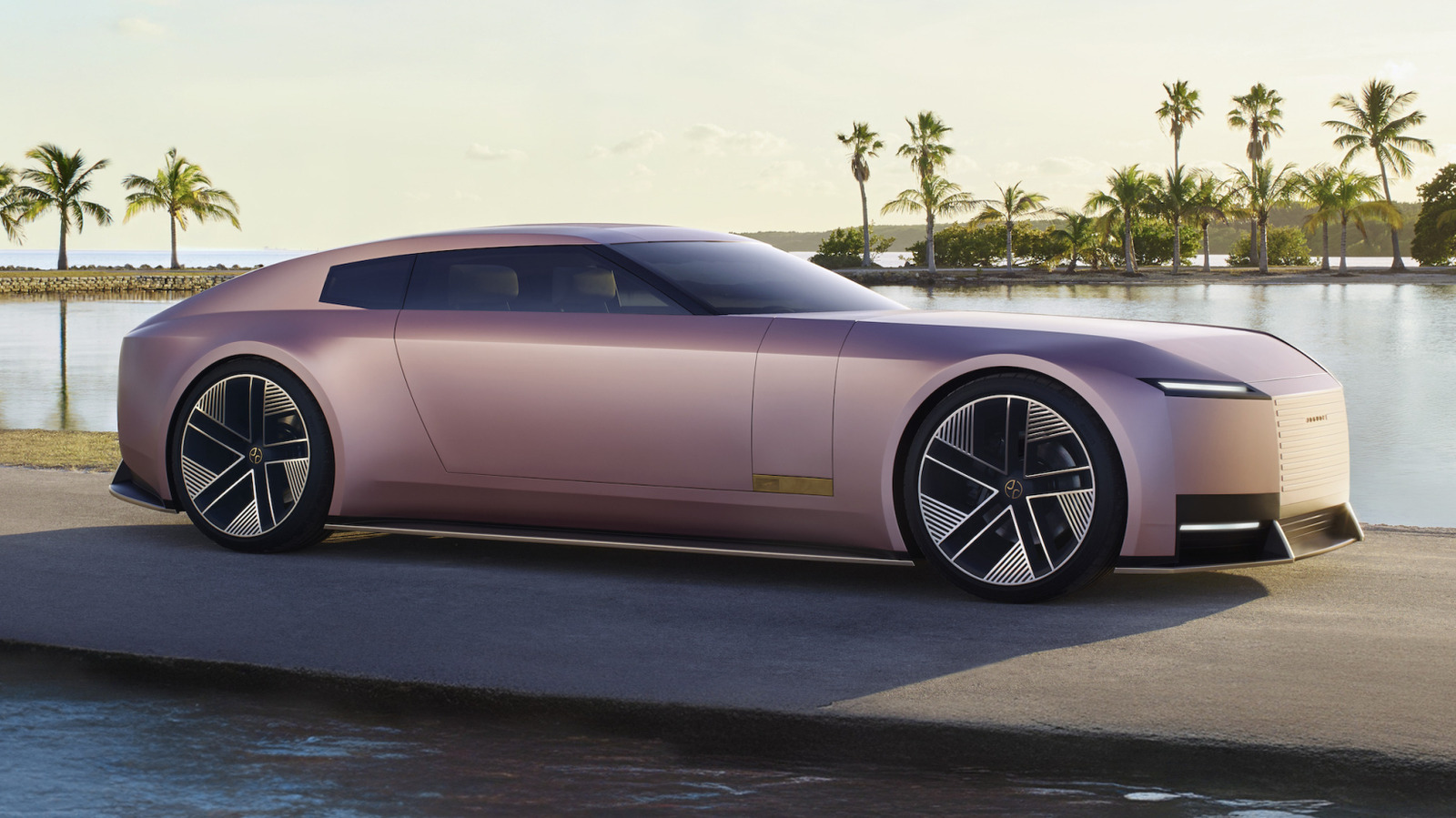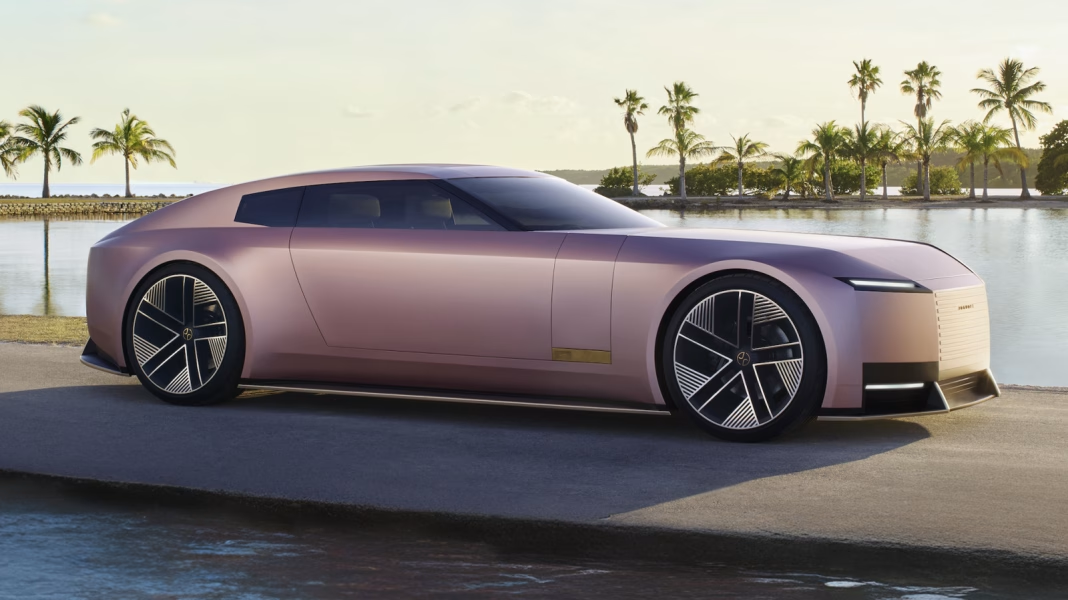Why Is Jaguar-Land Rover’s New CEO Unfazed by Political Criticism Over the Rebrand?
When a legacy automaker like Jaguar-Land Rover (JLR) decides to shake up its image, it’s bound to ruffle some feathers. So, it’s no surprise that the company’s recent rebrand—designed to modernize its identity and appeal to a new generation—has drawn sharp commentary from political figures, including former President Donald Trump. But here’s what’s interesting: JLR’s incoming CEO isn’t losing sleep over it. Why? Because he’s got his eyes on a much bigger prize.
What’s Really Behind Jaguar-Land Rover’s Rebrand?
Let’s cut through the noise. The rebrand isn’t just about a new logo or a splashy marketing campaign. It’s a strategic pivot. JLR is responding to seismic shifts in the auto industry: electrification, digital transformation, and a younger, more diverse customer base. According to a 2023 report from McKinsey, more than 60% of Gen Z and Millennial car buyers say a brand’s values and sustainability efforts influence their purchasing decisions. JLR’s rebrand is a direct answer to that trend.
The company is also betting big on electric vehicles (EVs) and advanced tech. The new identity is meant to signal that JLR isn’t stuck in the past—it’s ready to compete with Tesla, Mercedes, and other innovators who are redefining what luxury means in the 21st century.
How Does Political Backlash Affect Global Brands Like JLR?
Political commentary, especially from high-profile figures, can spark headlines and social media storms. But for a global brand, the calculus is different. JLR sells cars in over 100 countries. Its leadership knows that what plays well in one market might not matter—or could even backfire—in another. The CEO’s decision to sidestep the drama isn’t about ignoring critics. It’s about focusing on what actually moves the needle: product innovation, customer experience, and long-term brand health.
There’s also a practical angle. Automakers face regulatory pressures around emissions and sustainability in Europe, China, and beyond. Aligning the brand with progressive values isn’t just about optics—it’s about staying ahead of the curve in a rapidly changing industry.
What Do Industry Experts Say About the Rebrand Strategy?
Branding experts and automotive analysts largely agree: the smartest moves are those that anticipate where the market is headed, not where it’s been. In a recent interview with Automotive News, branding consultant Denise Lee Yohn pointed out that “brands that try to please everyone end up pleasing no one.” JLR’s willingness to take a stand—even if it’s polarizing—can actually strengthen its appeal among target customers.
There’s precedent for this. Think about how Volvo leaned hard into safety, or how Tesla made sustainability its calling card. Both brands faced skepticism at first, but their clarity of purpose paid off in loyalty and market share.
How Are Customers Responding to the New Direction?
Early signals suggest the rebrand is resonating with JLR’s intended audience. Social media sentiment analysis from Brandwatch shows a notable uptick in positive mentions among younger demographics since the rebrand announcement. Dealerships in key markets like the UK and Germany have reported increased showroom traffic, particularly for hybrid and electric models.
Of course, not everyone’s on board. Some longtime fans worry that the brand is abandoning its heritage. But JLR’s leadership seems comfortable with that trade-off. They’re betting that attracting new buyers is worth the risk of alienating a few traditionalists.
What’s Next for Jaguar-Land Rover Under New Leadership?
The new CEO’s approach is refreshingly pragmatic. Rather than getting bogged down in political squabbles, he’s doubling down on innovation and customer engagement. Plans are underway to launch several new EV models over the next three years, and the company is investing heavily in digital retail experiences.
There’s also a renewed focus on sustainability, with JLR pledging to achieve net-zero carbon emissions across its supply chain by 2039. That’s not just a talking point—it’s a business imperative, as governments and consumers alike demand greater accountability from automakers.
The big takeaway? Reinventing a storied brand like Jaguar-Land Rover isn’t about perfection—it’s about smarter adjustments. Start with one change this week, and you’ll likely spot the difference by month’s end.


